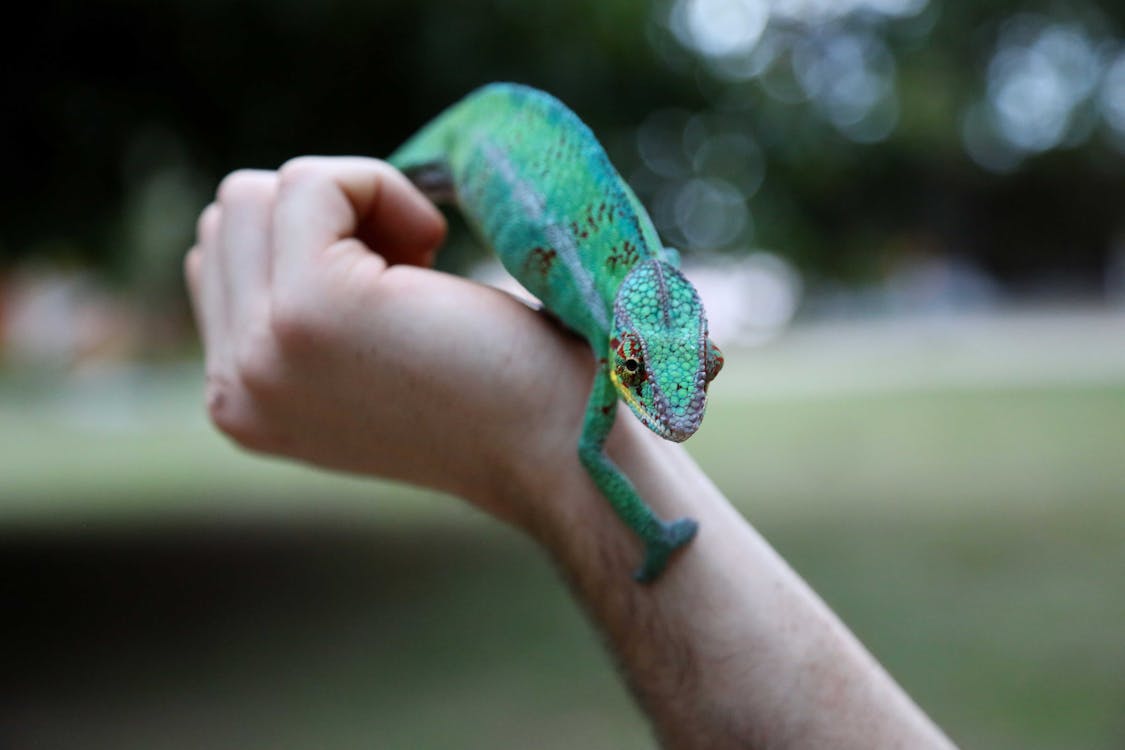Your pet’s just had surgery, and you want to help out with their recovery as much as possible. Unfortunately, you might not know exactly what to do for them—especially if you don’t have any experience helping animals recuperate from surgery before. The good news is that it’s relatively easy to support your beloved animal while they’re healing—you just need to know the right steps to take. These 10 clever ways will help your pet recover faster and be able to go back to enjoying all the fun stuff they love with you in no time!
1) Rest and reduce stress

Pets are not just like children. Pets need special attention after surgery. It is important that your pet doesn’t overexert himself or herself following surgery. It is also critical that your pet receives enough rest after surgery to reduce stress and promote a speedy recovery. It’s up to you to monitor your pet and make sure he or she isn’t working too hard, as well as providing everything necessary for a healthy recovery period.
2) Keep it clean
The best way to help your pet get over surgery is to keep it clean and comfortable. Be sure you don’t let your pet lick at or scratch its wound, and take it for walks as soon as you can. Many animals find comfort in chewing on grass or sticks, so consider buying some if your pet doesn’t have access outdoors.
3) Pamper them

You might not be able to nurse your pet back to health, but you can help your pet recover. Provide them with quiet and rest. Keeping them warm is also important for helping their body recover, so use a heating pad or hot water bottle in their bed if they don’t feel comfortable without one. You should also avoid running or jumping on furniture for about two weeks after surgery. And of course, always follow your vet’s instructions!
4) Stay positive
Caring for your pet after surgery is a big responsibility. It’s easy to fall into a negative mindset when your pet isn’t recovering as quickly as you hoped or when you notice complications arising. While you may be tempted to give up hope, remember that it could take several weeks for your pet to recover fully and months before they are back to their old selves. Keeping a positive outlook can help keep your pet relaxed and comfortable throughout recovery.
5) Get help from your vet when needed

Vets are trained professionals and can help you figure out what your pet needs—whether it’s a routine checkup or life-saving surgery. Ask your vet for their recommendations on nutrition, exercise, grooming, and any other aspect of your pet’s health; they’ll be happy to help. And don’t forget that pets heal faster when they’re around familiar people and things, so think about taking your animal companion home during recovery.
6) Watch out for signs of infection
Infection is a common cause of re-hospitalization in pets recovering from surgery. If your pet has been prescribed antibiotics, watch for signs of infection, including discharge, vomiting and difficulty breathing. If you notice any of these symptoms, contact your veterinarian immediately. Even if you don’t know what signs of infection look like in cats or dogs, it’s better to be safe than sorry!
7) Consult a holistic veterinarian when needed

There’s an increasing number of holistic vets who utilize nontraditional techniques like acupuncture, homeopathy, and herbs in tandem with traditional medical procedures. If you can afford it (holistic treatments are often more expensive than standard veterinary care), it may be worth exploring these options for your pet after surgery. But make sure you first consult a conventional veterinarian; holistic care isn’t always appropriate for certain situations.
8) Monitor pain relief closely
After surgery, it is especially important for your pet to be monitored closely. Make sure that you contact your veterinarian immediately if you notice any of these signs: excessive bleeding, swelling in part of their body, or difficulty breathing. These are all symptoms that may indicate a complication and require emergency attention. It is also important to keep your pet quiet for at least 24 hours after surgery so that they don’t reopen their stitches or get infections from excessive activity and licking around their incision site.
9) Reward good behavior with treats or playtime

Sometimes, it’s not a matter of training your pet; it’s a matter of rewarding him for doing what you want. Food is an obvious reward for good behavior, but praise can be just as effective. Providing your pet with treats or playtime will increase his desire to perform actions you like—like sitting still when he gets his nails trimmed—while decreasing behaviors you don’t like, such as jumping on furniture.
10) Spend time together
The more you’re able to interact with your pet—whether it’s snuggling together on the couch or playing fetch at a dog park—the faster they’ll be able to recover. To make sure your furry friend doesn’t feel too lonely while they’re healing, ask a friend or family member if they can stay with them for a few days. Not only will you have peace of mind, but it may also speed up their recovery time.
